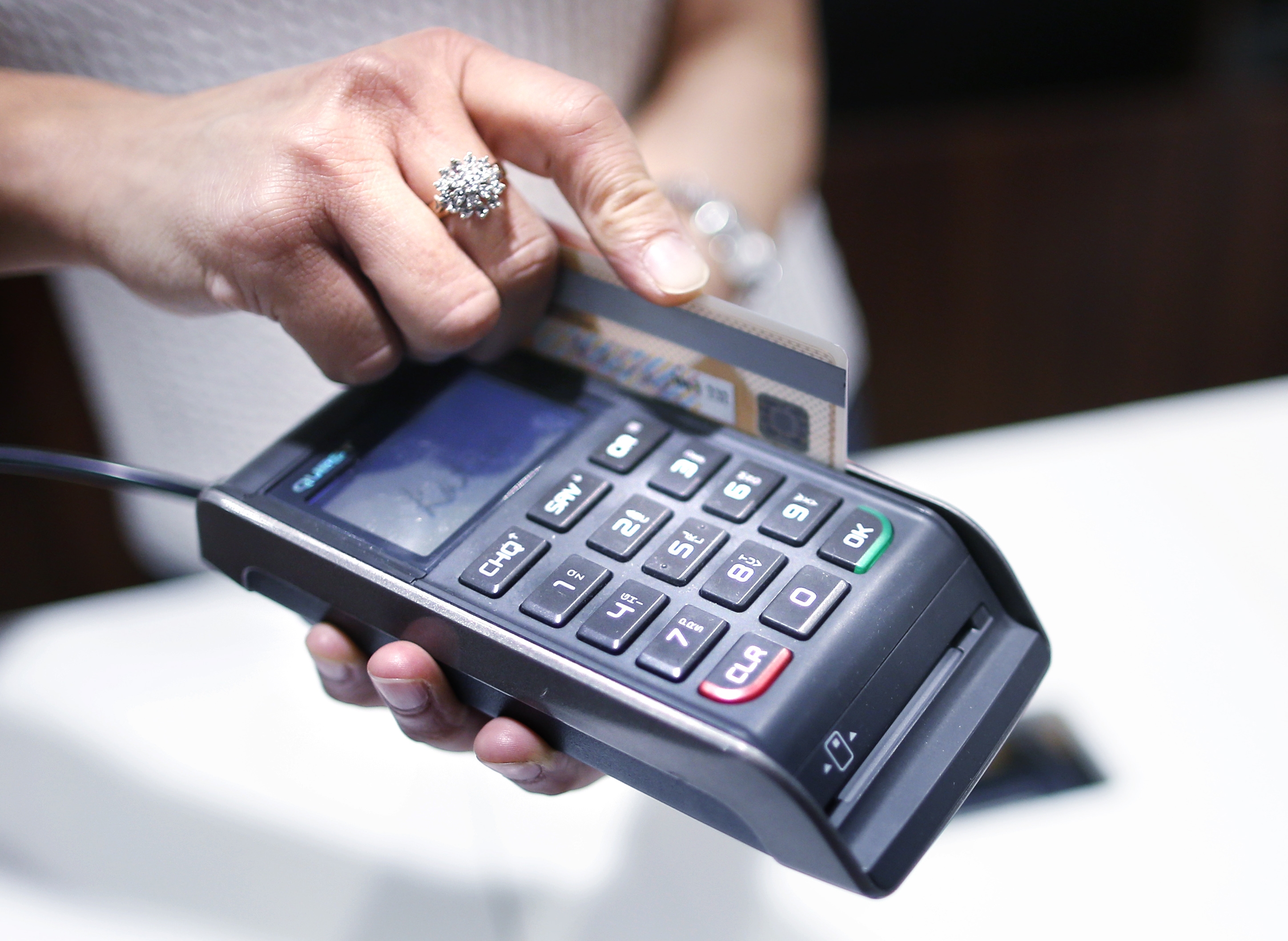The Federal Government generated N103.7 billion in revenue from the Electronic Money Transfer Levy (EMTL) in the first half of 2024, reflecting a 7.55% increase compared to the N96.44 billion collected in the same period in 2023.
This data, sourced from the Central Bank of Nigeria’s statistical bulletin, underscores the growing adoption of digital payment platforms and the rising volume of electronic transactions as Nigerians and businesses increasingly embrace digital banking.
The EMT levy, introduced in the Finance Act of 2020, amended the Stamp Duty Act to capitalize on the rapid growth of electronic funds transfers in Nigeria. It imposes a one-time charge of N50 on electronic receipts or transfers involving sums of N10,000 or more, deposited in any financial institution or deposit money bank.
In January 2024, EMTL revenue stood at N18.60 billion, marking a 26.57% decrease from N25.33 billion recorded in the same month in 2023. By February, revenue rose by 20.21% to N16.59 billion, compared to N13.80 billion in February 2023. The upward trend continued in March, with collections jumping 53.41% to N18.60 billion, surpassing the N12.13 billion recorded in the same period last year.
April’s figures showed a modest increase of 1.85%, with N15.37 billion collected, compared to N15.09 billion in April 2023. However, May saw a more significant year-on-year surge, reaching N18.78 billion, which was 24.24% higher than the N15.12 billion recorded in May 2023. While June’s revenue dropped slightly to N15.78 billion, it still represented a 5.40% increase from N14.97 billion in June 2023.
The surge in revenue coincides with an 86.44% increase in e-payment transactions in Nigeria, which totaled N566.39 trillion in the first half of 2024, up from N303.60 trillion during the same period in 2023, according to the Nigeria Inter-Bank Settlement System (NIBSS). The NIBSS Instant Payment (NIP) platform, launched in 2011, enables real-time interbank transfers and is now accessible to customers via internet banking, mobile apps, USSD codes, ATMs, POS terminals, and bank branches.
This rapid rise in electronic transactions is driven by the growing preference for digital payment methods, offering enhanced convenience and efficiency for both businesses and individuals. In 2023, e-payment transactions hit a record high of N600 trillion, a 55% increase from N387 trillion in 2022.
However, despite this growth, the mobile money sector in Africa faces a significant challenge with fraud. As telecom operators expand mobile money services, the continent’s mobile money industry lost over $1 billion to fraud, according to the Global System for Mobile Communications Association’s 2023 report. This has raised concerns that security issues could hinder the continued adoption of mobile money services across the region.













